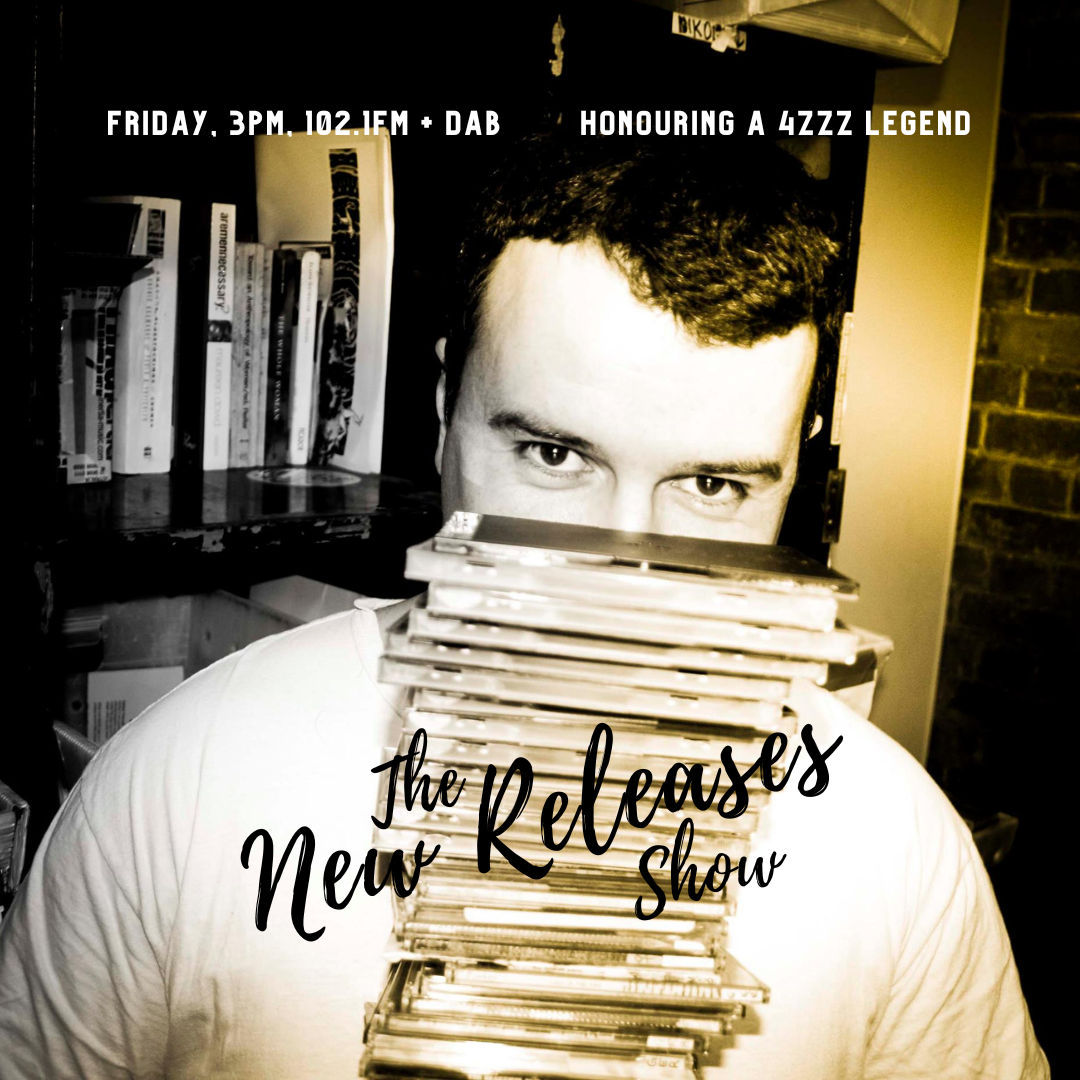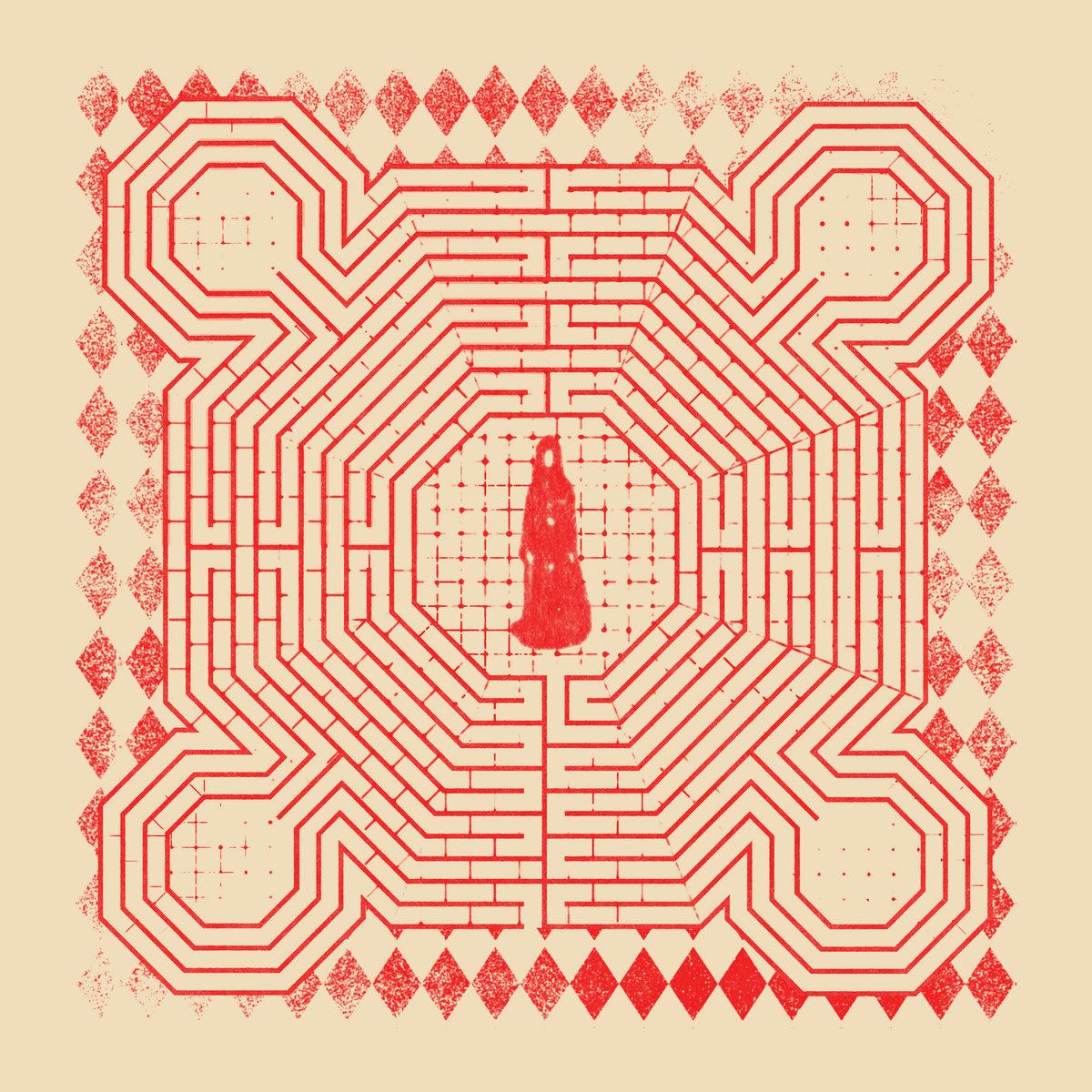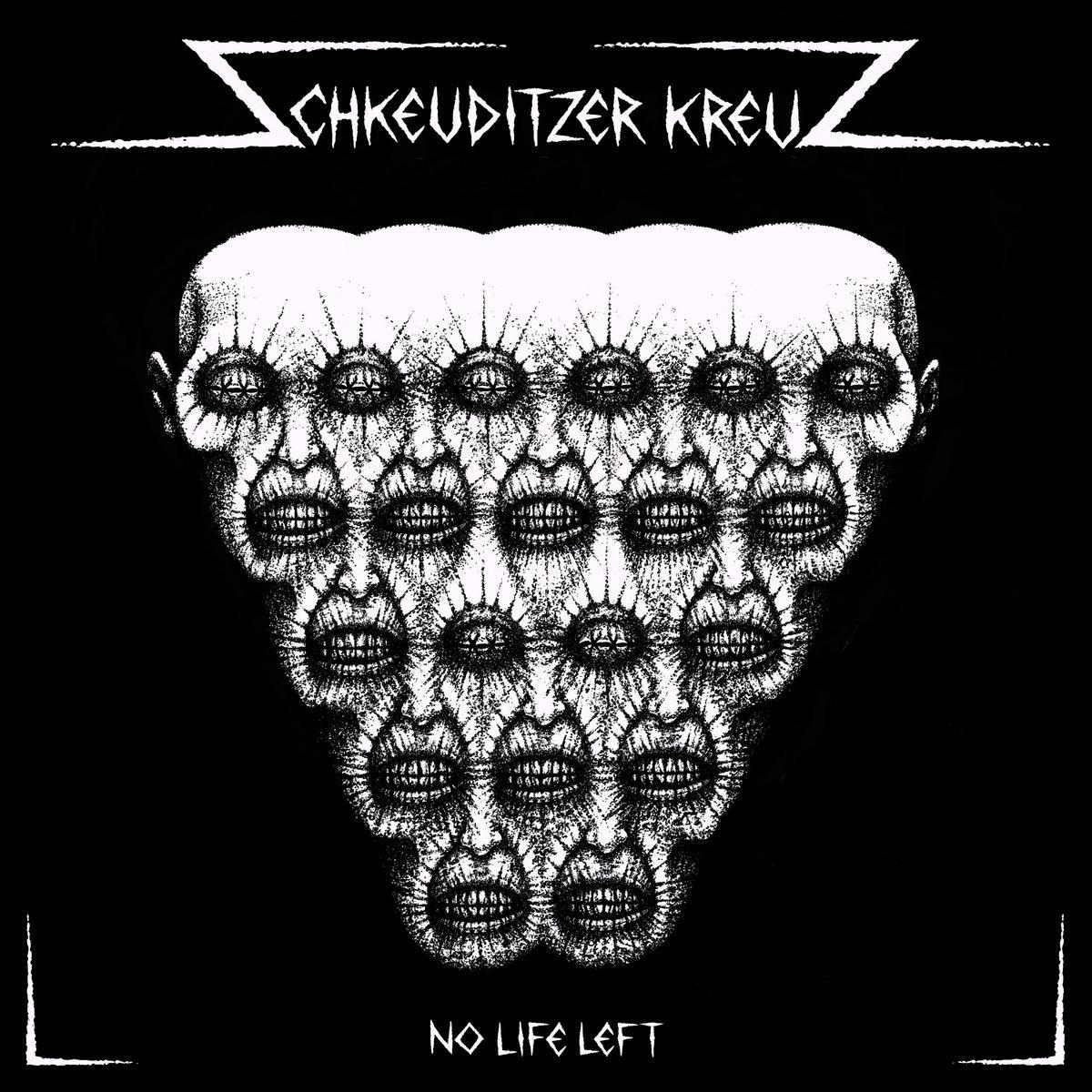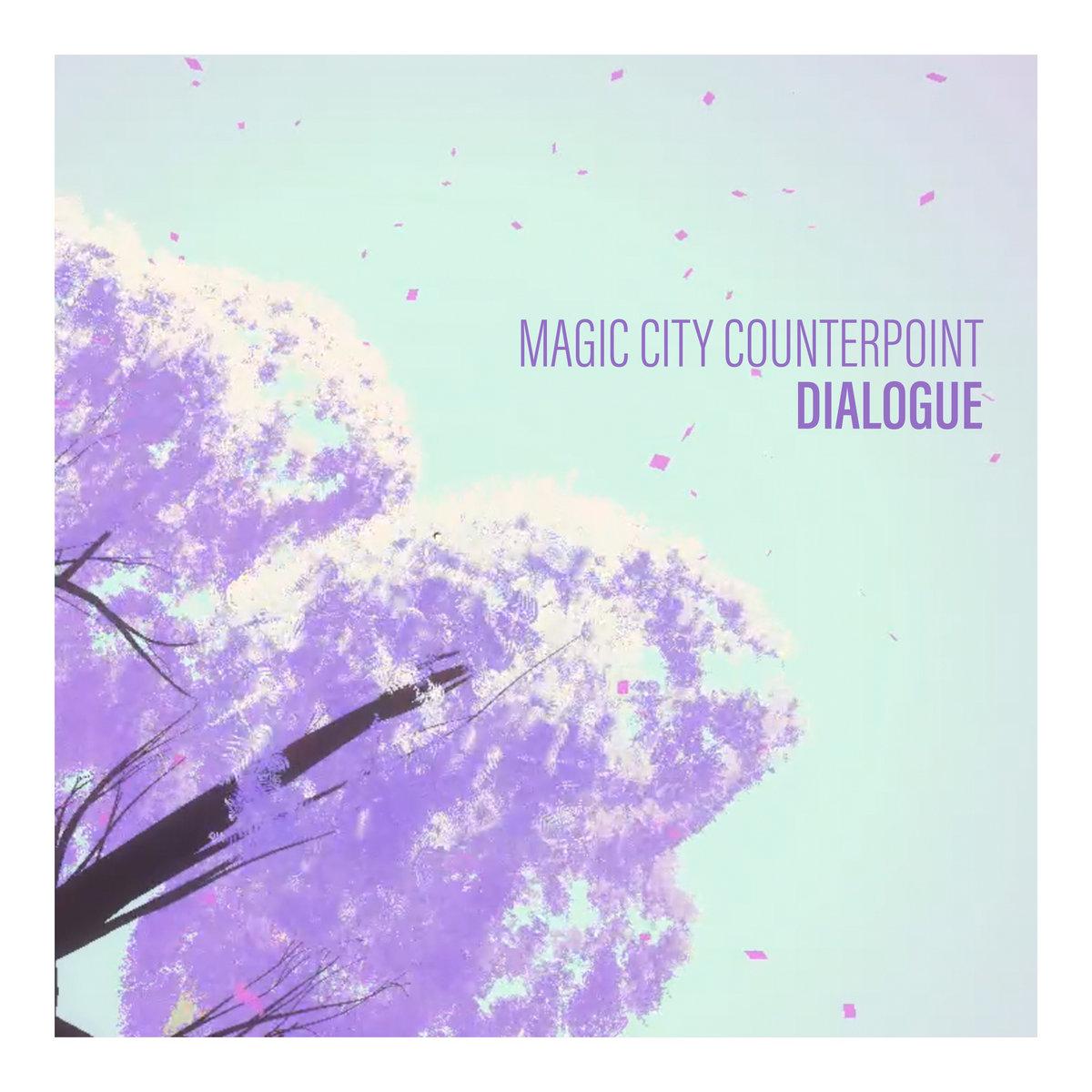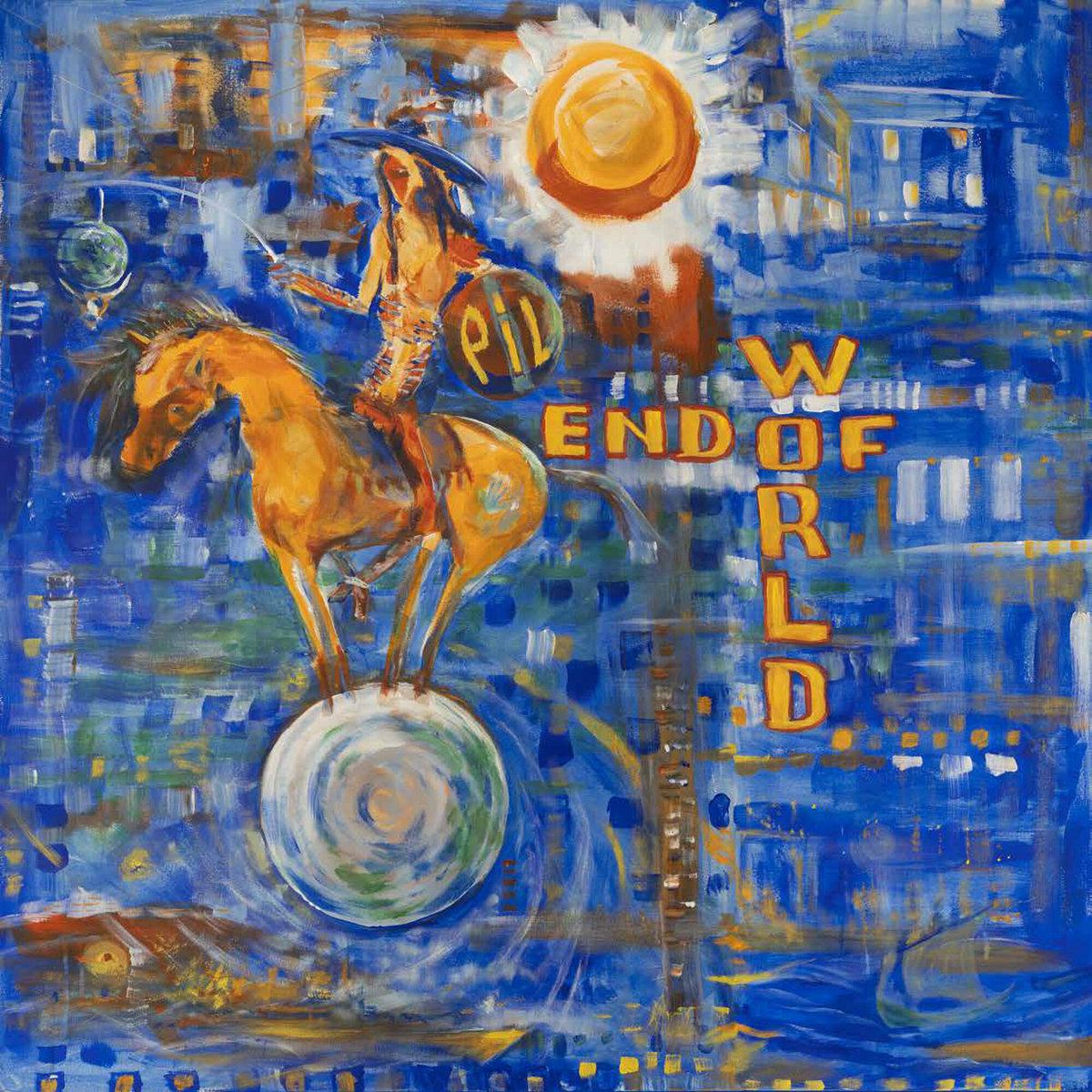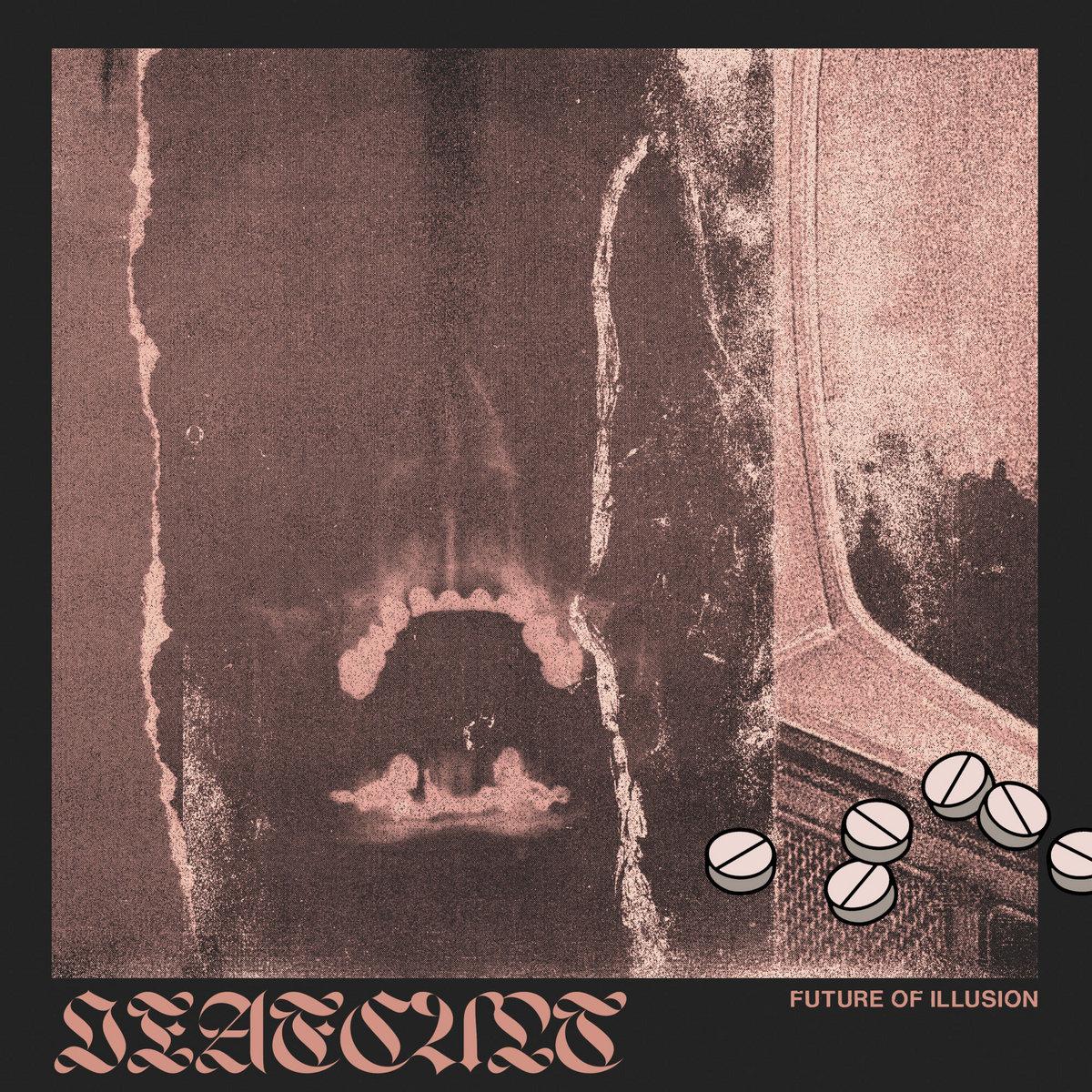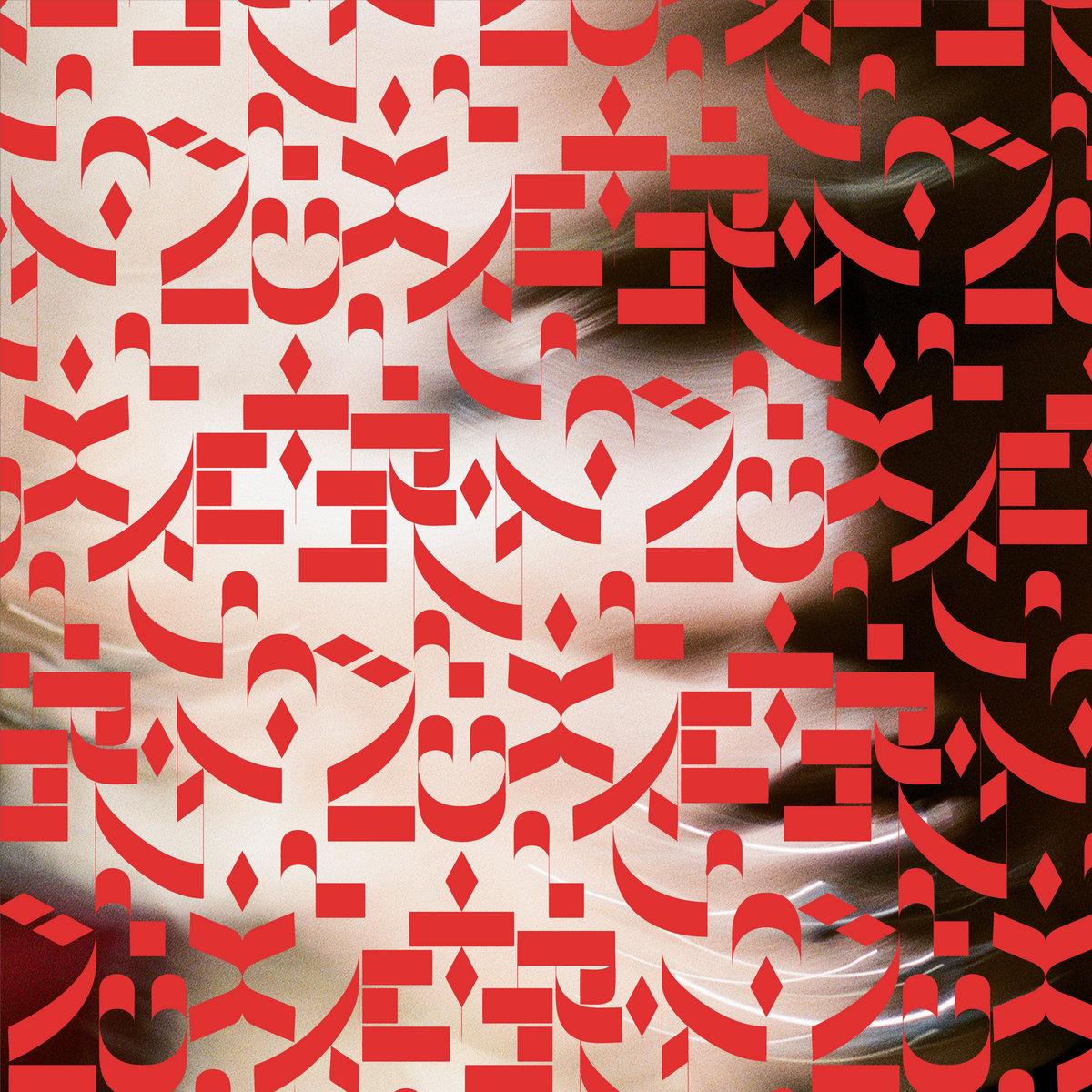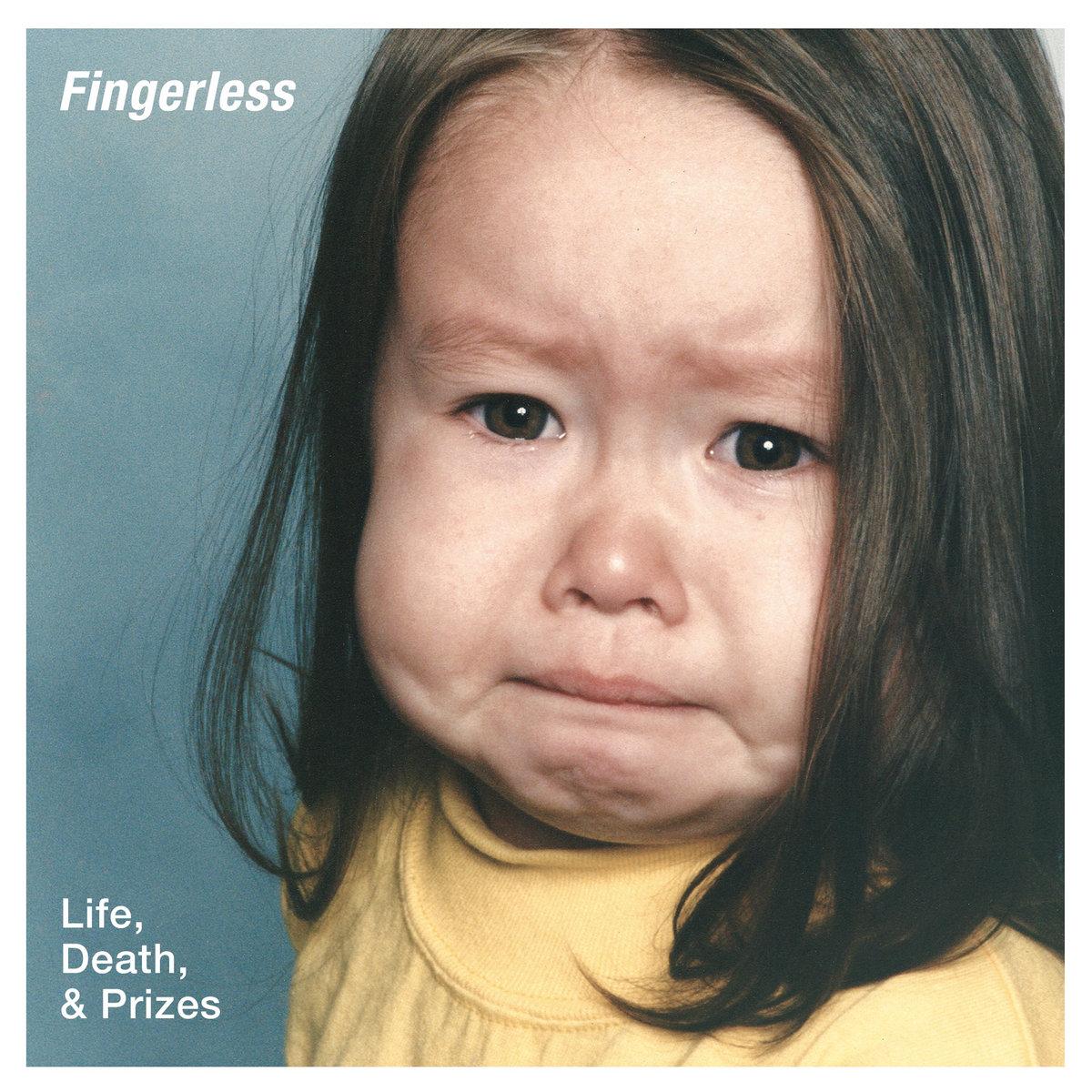
- New Zealand’s groundbreaking producer Freq Nasty, in the liner-notes to his 2001 release on Brighton imprint Skint, implored listeners to ignore genres and to instead “make soul music for the 21st century”.
Goldie’s new album The Journey Man could be the fulfilment of that injunction, from a producer who’s music was always noted for being able to find the beauty, the euphony, in a synthetic medium.
Goldie's vision of what DNB can be is soulful, a bright positivist world of optimism. It harks back to a time (referred to by Sottish writer Iain M Banks as the golden age between the fall of the Wall and the fall of the Towers) when the world had been saved from armageddon, and electronic music producers like LTJ Bukem and Goldie were imagining the future for us in sound. Computer-production techniques were a metaphor for the way that technology was going to lead us into a golden age, a post-scarcity world of better living through chemistry (as Fatboy Slim titled his '96 release).
MDMA, a recently re-purposed psychiatric medicine had been circulating for a decade, encouraging a generation of party-goers to rave smarter, to feel like their weekend kicks could actually be making them a better person, healthier physicallyand mentally, and that through the promises of software that was connecting people all around the world in new and exciting ways that we could be about to usher in the new techno-utopia, or that the dancefloor we were on was the initial manifestation of that utopia. Peace, love and breakbeats -samplers and synthesisers having found their true purpose- to uplift the human spirit.
To identify as a junglist was to embrace fully this future, disdaining those who felt technology was alien or alienating, to make friends with sometimes clunky early versions of tech (ever used an AKAI s2000 rack-mount sampler being driven by an early Amiga or Atari desktop? The struggle was real, but the rewards were literally unprecedented). It was about pushing through the steep part of the learning curve because these technologies were offering you heady new powers, the chance to take the next step in human evolution. The junglist ethos was early-adopter before we had the term.
It is this vision (and not the MBE, the cameos in Guy Ritchie films, or the reality TV turn) that is the true legacy of Goldie as an artist.
The Journey Man sees Goldie mine this futurist-optimist vein, so that even when we hit the downtempo trip-hop of Mountains the tone remains upbeat, a ballad of the power of a relationship to inspire. Castaway hits 2-step territory (a style that is seeing a real renaissance locally courtesy of Melbourne's One Puf crew) and is propelled forward by some seriously detailed funky-horn arrangement.
Goldie's perpetual penchant for vocals is perhaps the riskiest element of his composition style: the potential for cheesiness is ever-present (any number of imitators have floundered in this territory: expecting that pairing a 'big' vocalist with beat-based production is an easy formula for dancefloor success ... it isn't) Again, though, the chutzpah pays off. The vocalists guesting here are finely balanced with spacious sonic textures; no matter how big the diva, Goldie’s production chops will always be bigger.
The production throughout is maybe best described as rich. I Think of You has a processed guitar intro that could have easily cost a day in an expensive studio and the day rate of the best session player money can buy. That's the other thing about being electronic music royalty: it's a given that you can spend as much time and money as you like getting the product the way you want it, which must dial up the pressure somewhat. Yet unlike, say, Dr. Dre's now-surely-abandoned The Rehab album, Goldie has delivered here, and in a fashion that is not only consistent with previous output, but also pushes forward the aesthetic of Metalheadz, incrementally. Goldie is not re-inventing the genre here, but he has managed to make a record that sounds like golden-era Goldie, and that sound is still surprisingly fresh.
Globally DNB took a distinctively dark turn in the years after Saturnz Return with labels like Renegade Hardware prefiguring the kind of dirty and bleak sounds that were to morph into first grime and then dubstep.. and as often happens in the electronic music world producers seek darker sounds in the belief that they are somehow deeper, more meaningful and serious, and that if dance music ever dares to be uplifting or positive that it becomes insubstantial, or worse: easy.
The alchemy that Goldie pulls off here (as in the past ) is to embrace these positive, bright flavours and make them natural, even cool.
The Journey Man sees one of the masters of the form return with a serious, credible statement about what drum’n’bass can be...and he might be just the artist to lead electronica out of the darkness and back into the light.
- Kieran Ruffles.


